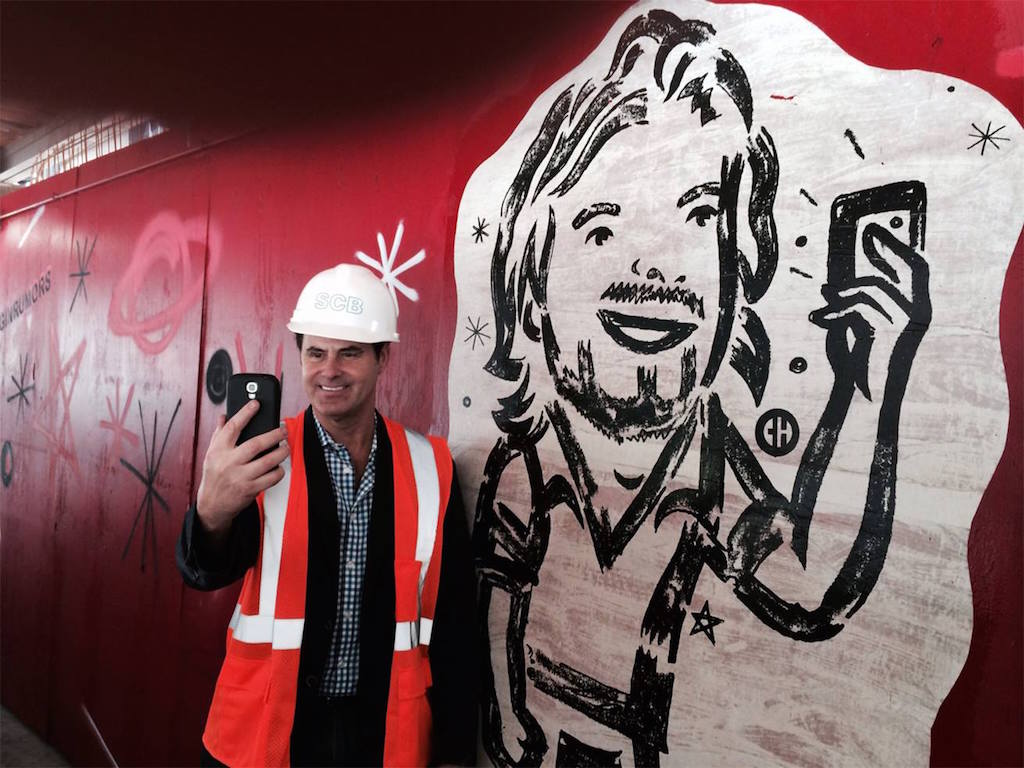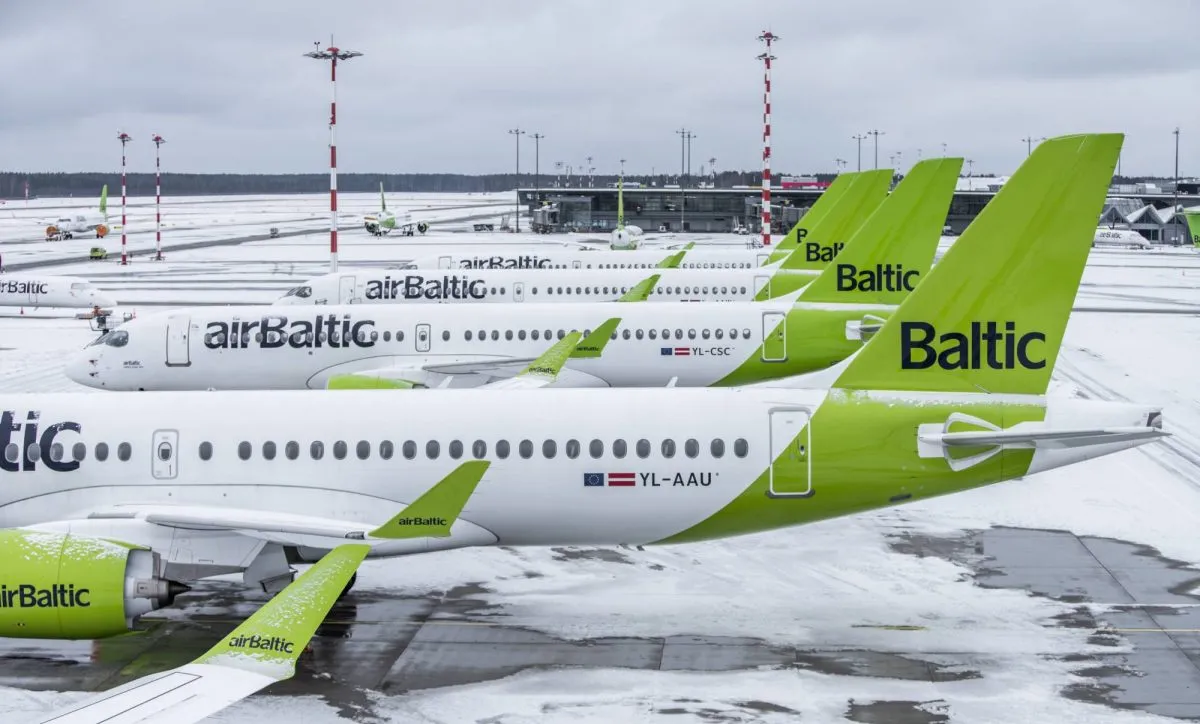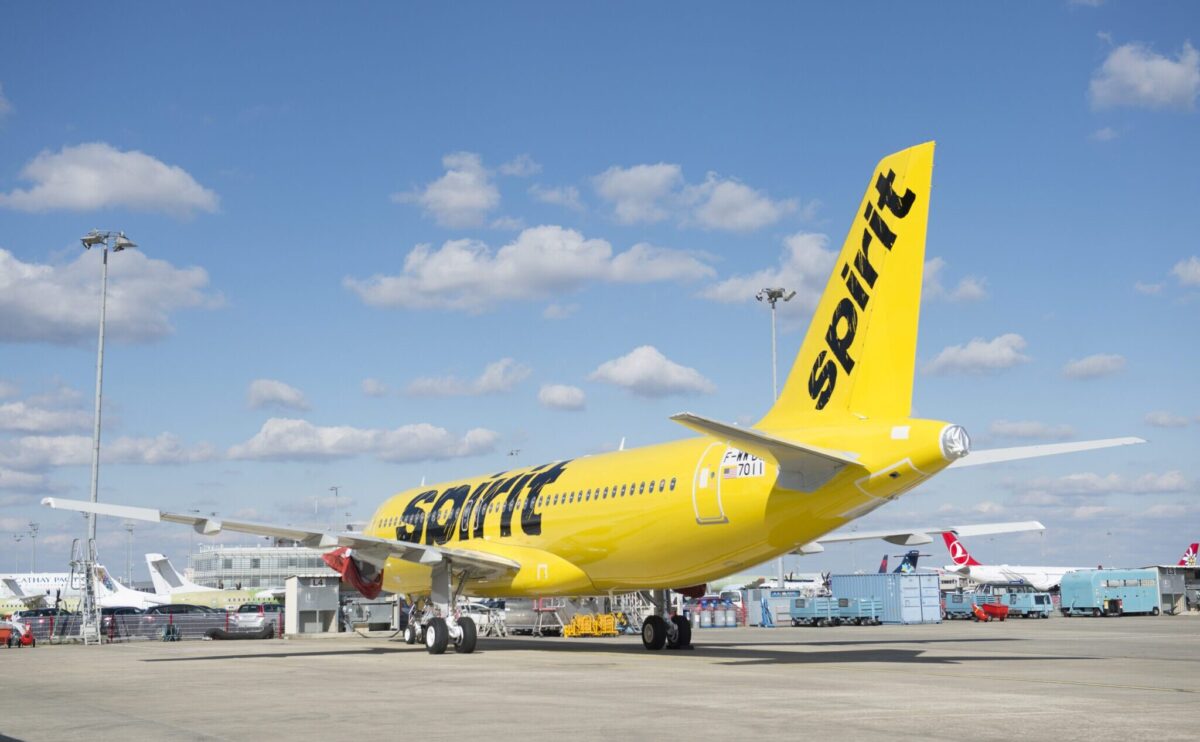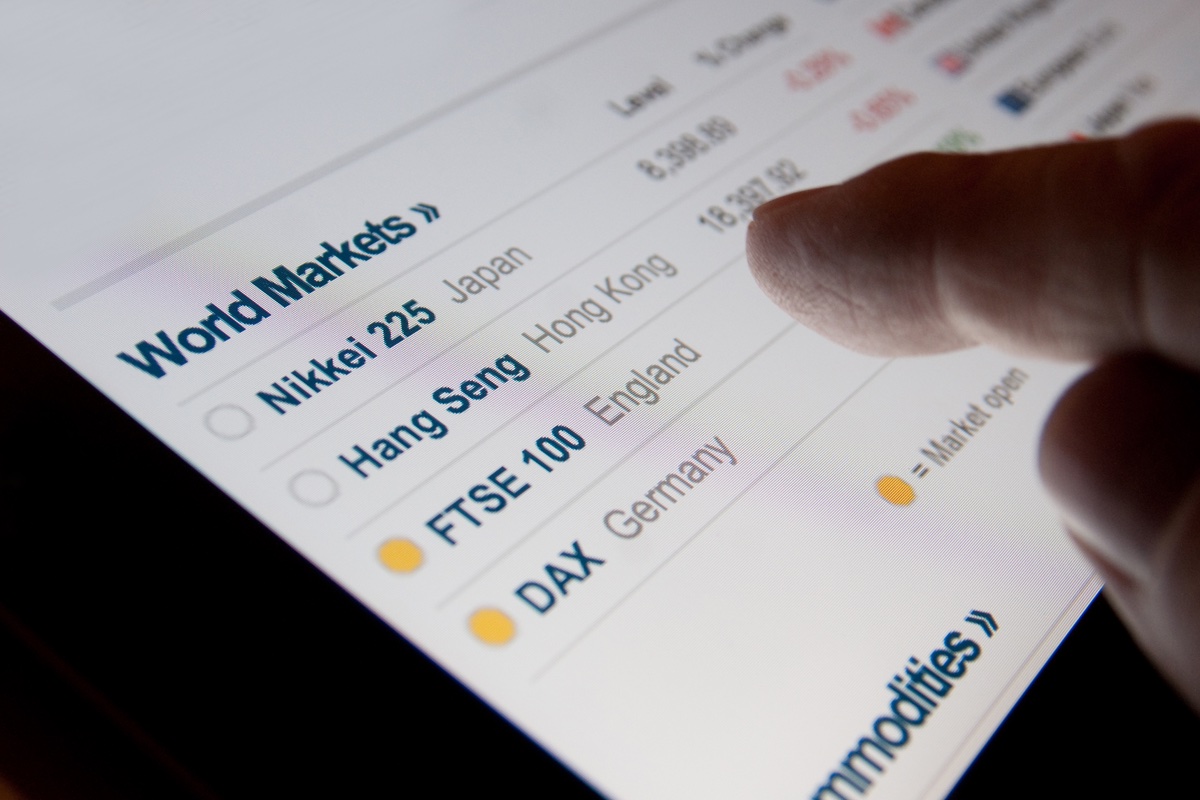Interview: Behind the Long-Awaited Opening of Virgin's First Hotel

Skift Take
The highly anticipated Virgin Hotels Chicago finally opened last week inside a 1928 office building designed by architects who specialized in building the grand theaters of the era.
Numerous delays made it more anticipated than originally planned.
Part of the brand development story behind Virgin Hotels' launch begins with the July 2011 Cornell University Hospitality Report "Creating Value for Women Business Travelers: Focusing on Emotional Outcomes." The paper detailed the rise of the female business traveler, and why hotel companies should consider shifting their guest experiences to address the question of what women want.
While no hotel company is going to position itself as a women's hotel brand, the report provided intelligence to inform the foundation of Virgin Hotels and deliver a competitive advantage in the marketplace.
Here is what women want, according to Judi Brownell, Ph.D., who authored the Cornell University research report:
"Some elements of the hotel industry still profess to wonder what women travelers want. By examining industry professionals’ view on this question, this review serves as a starting point for managers who want to address the needs of women business travelers by focusing on emotional outcomes, rather than just looking at specific amenities or property attributes.... Although the question of what women want has sometimes proven elusive, women business travelers have begun to define the hotel experience with a clear and consistent message about the need to feel safe, comfortable, empowered, and pampered."
Except, Ms. Brownell forgot to mention in her summary that, according to many other reports, women also like to have fun, which is where Virgin Group tends to often excel, especially for business people. Virgin Hotels Chicago is anticipated to have a 70% corporate guest ratio during the week and 50% on weekends, but it doesn't feel like a business travel experience because of the fun-loving Virgin vibe.
Sir Richard & Co. are promoting that as a market differentiator among all of the other business hotels in downtown Chicago. In addition, the hotel product and guest experience are designed to deliver Brownwell's suggested totality of "emotional outcomes" in a safe, comfortable, empowering and pampered environment.
Since the Chicago opening, a lot of media have focused on the female-conscious guest rooms. Ranging between 300 to 600 square feet, they all have two chambers separated by a sliding partition so guests don't have to interact with room service staff. If a guest prefers one traditional open space, it's easy enough to push aside the doors.
The front room section has a large vanity, abundant lighting, and his-and-her wardrobes. Bathrooms have larger than average showers with a big bench for shaving, and the beds have contoured headboards and a backrest attached to the foot of the bed for reclining comfortably while working. There's also cool Smeg minibars with products priced at street level retail.
The Commons Club is the other signature brand element that will anchor all Virgin hotels in the future. These are central social spaces independent of guest check-in areas, with an approachably hip lounge ambience and multiple zones with different energy levels. They're configured to make female—and single business travelers in general—feel comfortable, locally connected, and socially engaged (when they want to be) by providing a wide choice of different environments within a larger context.
"If you talk about what Virgin Hotels aspires to be it's truly about choices," says Raul Leal, CEO of Virgin Hotels. He explains that the ground floor at Virgin Hotels Chicago is called the "Intersection." A 24-hour diner, coffee shop, wine bar, reception area, and the entrance to the spa surround a grand staircase leading up to the second floor Commons Club social venue.
Looking ahead, Virgin Hotels is scheduled to open new properties in Nashville in Q3 2016 and New York in Q3 2017, and the company is expecting to announce "two or three" more launches by the end of the year. Following is our interview with Leal, who is happier than anyone to see the doors open at last.
Skift: Why did Virgin Hotels Chicago take such a long time to open after the original opening date and subsequently announced opening dates?
Raul Leal: I'm not sure that everybody knows this but when we purchased the building, the building was roughly about 40% occupied. Some of those tenants had leases in the building, so for the first probably 12 months we had to adhere to those commitments. We had to wait until the building was empty before we could really begin working on anything, so that was part of the hold up and we didn't anticipate that well.
The next thing was the landmark status of the building that certainly delayed the process. When we first saw the building we fell immediately in love with it because of the location and the historic building itself. It was originally an office building that was in pretty dilapidated condition and needed a lot of work. It also has some pretty whimsical aspects, so when you get into the landmark preservation part, it's a lengthy process. You have to wait for approvals on everything from painting a door to switching out a wall cover.
And along the way we changed some designs. We decided after we bought the building, we wanted to restore the rooftop elevator room and transition that into a beautiful rooftop space. So we actually had to build an entire new terrace around the elevator room, and again that required landmark approval, and the construction process was fairly lengthy.
Skift: What do you mean by "whimsical aspects"?
Leal: The building was designed in 1928 by an architecture firm that was really into designing theaters. They designed over 200 theaters but they only designed two office buildings, and this was one of them. So when you walk in, there is a magnificent grand staircase. The second floor ceiling particularly had these beautiful old cracked and broken ceiling tiles that we uncovered and had to be restored one by one. It took one individual about nine months to restore just the ceiling of The Commons Club.
Skift: What was important to Sir Richard Branson during the development of the Virgin Hotels brand?
Leal: The underlying philosophy behind the brand, which does come from Richard, is that when Virgin goes into a business to disrupt a business, Richard always says he hates to see the consumer getting ripped off. So from the very beginning, we're continuing that legacy by being the consumer's champion.
We knew there were definitely some things in this industry that we could stand up against, like nickel-and-diming. The proposition for us was to make sure that guests weren't only not ripped off on fees and whatever else, but also that we were just creating a better product. I know there's been a lot of discussion about how we were focusing on creating a product for the single traveler, which we were, but it was just really about getting a better hotel room in general for the consumer.
Skift: There's also been a fair amount of conversation about how Virgin Hotels is designed to better accommodate the single female traveler, as well.
Leal: When we launched the brand, we looked at shifting travel patterns in a 2011 Cornell University Report, which showed that female business travel was increasing to a staggering degree. So we said, "What does the female business traveler want?" We did a bunch of focus groups internally and externally, and we tried to determine what the ideal room should be like, and we think we're very close to it.
When you come in it feels like the first thing you do is walk into a dressing room, where you have two modular closets where you can hang your long dress. There's great lighting and ample vanity space, which is something unique that everyone wants but is hard to find.
The room divider was important. Not only does it provide a second level of security, and also another barrier against noise, it hopefully makes the female traveler feel a little more comfortable staying in hotels. It's also for room service where it's fairly awkward when you have to stand at the door in your robe, or you can't get undressed because you don't want the attendant walking in.
So far, we've been hearing great comments about that. We wanted to create a better room product overall, but we definitely did that through the eyes of a female traveler, for sure.
Skift: The lifestyle hotel space is getting crowded, so what were some of the other internal marketing and design discussions in the run up to the launch?
Leal: That's a great question. Everybody is trying to get into the lifestyle/boutique side of it. What could be happening is a lot of brands are confusing the boutique hotel business for mass consumerism. Boutiques initially were designed to be something different, something quirky, and for a different type of consumer and not necessarily for the masses. And kind of difficult to replicate.
I think it's difficult to pigeonhole consumers today into one particular product, because generally consumers are looking for a new experience, so in our case, we're not necessarily just a hotel for the Millennials. We're following the demographic of the brand, which is pretty widespread among Millennials, Gen X'ers and Boomers, so it's really about consumers that are like-minded. Our consumers want to create new experiences and they love technology, but they don't want to be categorized in a certain way. And they also want great service as compared to the boutique hotels of yesteryear.
That's kind of where we come in. We think that we can bridge the gap between the boutique hotels of the past and some of the legacy brands, which have excelled for a long time at being consistent, but we think the consumer is looking for a bit more than that.
If you take a look at our proposition, and what we've done, we said, "Okay, how do you create something like that to appeal to so many different people?" Well, we thought the room could be improved upon and we've done that in different ways. We also thought we could create a technology platform [the Lucy app] that would not only enable our guests to get service when they wanted it, it freed our staff to provide a little more informal and direct service.
And at the end of the day, the thing we bring to the table that's difficult to replicate is the Virgin tone of voice. The Virgin voice is known for being cheeky, irreverent, very friendly and definitely approachable and innovative.
Skift: How are the food and beverage experiences at the Chicago hotel living up to the Virgin voice?
Leal: You have two rooftop bars that will open in April. One is a little more DJ inspired and the other one has live music, so again, it's really about providing a variety of choices.
The concept of The Commons Club will be replicated in every Virgin hotel. There's a strong focus on food culture and social programming, and from day one, we said the proposition for the brand is that we really want to be where the locals go and hang out. So a lot of our programming and a lot of our pricing is not exorbitant.
It feels like a space that's membership driven, but it's really a fairly democratic space where people can actually afford to go. Even with our social hour, it's not just wine and beer, it's top shelf cocktails too. It's about whatever the customer wants, and that's the essence of being the consumer champion. We want to make sure people walk out of the hotel saying, "You know what, we got the value out of the hotel that we wanted."
Greg Oates covers hospitality and tourism development. Email him at go@skift.com.




